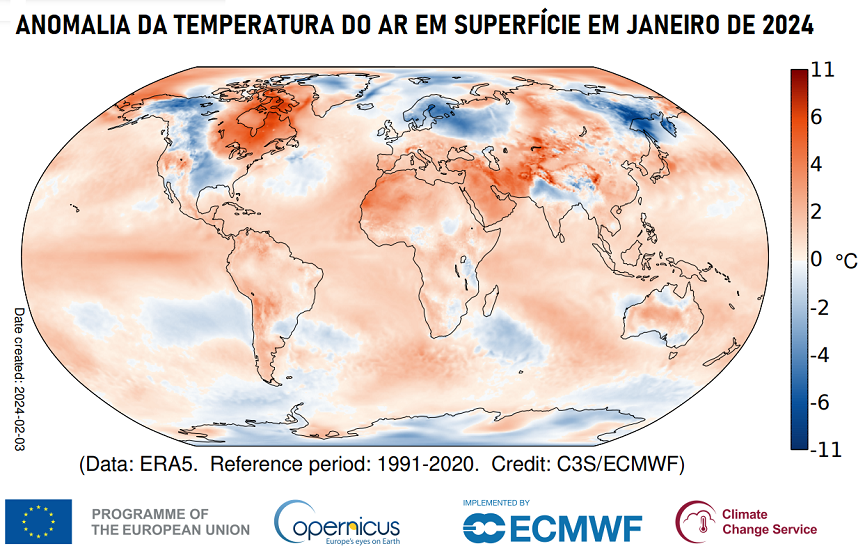For the first time in history, annual global temperatures have exceeded 1.5 ºC above pre-industrial levels, as revealed by the European Union’s climate service. This represents a significant milestone, given that world leaders had pledged in 2015 to limit long-term temperature rises to 1.5 ºC in order to avoid the most severe impacts of climate change.
Although this breach does not invalidate the objectives set out in the “Paris Agreement”, it highlights the urgency of taking more decisive action to curb global warming. Experts warn that urgent action is needed to reduce carbon emissions and slow the pace of warming.
Professor Liz Bentley, chief executive of the UK’s Royal Meteorological Society, emphasises the importance of this event, referring to it as “another step in the wrong direction”. However, she emphasises that there is still time to act and reverse the trend.
Limiting global warming to 1.5 ºC is crucial, as highlighted by a UN report in 2018, which identified the substantially greater risks associated with a warming of 2 ºC. However, despite efforts to curb carbon emissions, temperatures continue to rise at an alarming rate, as evidenced by data from the European Union’s Copernicus Climate Change Monitoring Service.

A contributing factor to this increase is the natural climate phenomenon known as El Niño, which has pushed air temperatures even higher. Although El Niño has a temporary impact, the long-term warming trend is predominantly driven by human activities, especially the burning of fossil fuels.
Scientists warn that the world is entering a period of higher temperatures than at any time in modern history. Meanwhile, ocean temperatures have reached unprecedented levels, indicating a worrying warming trend throughout the climate system.
Although the challenges are significant, experts emphasise that there is still hope. Advances in green technologies, such as renewable energies and electric vehicles, offer opportunities to mitigate future warming. However, urgent measures are needed to reduce carbon emissions and avoid the worst-case scenarios of climate change.
“This means that we can ultimately control the level of warming the world experiences, based on our choices as a society and as a planet,” says Zeke Hausfather, a climate scientist at the US group Berkeley Earth
Source: Climatempo and Globo
